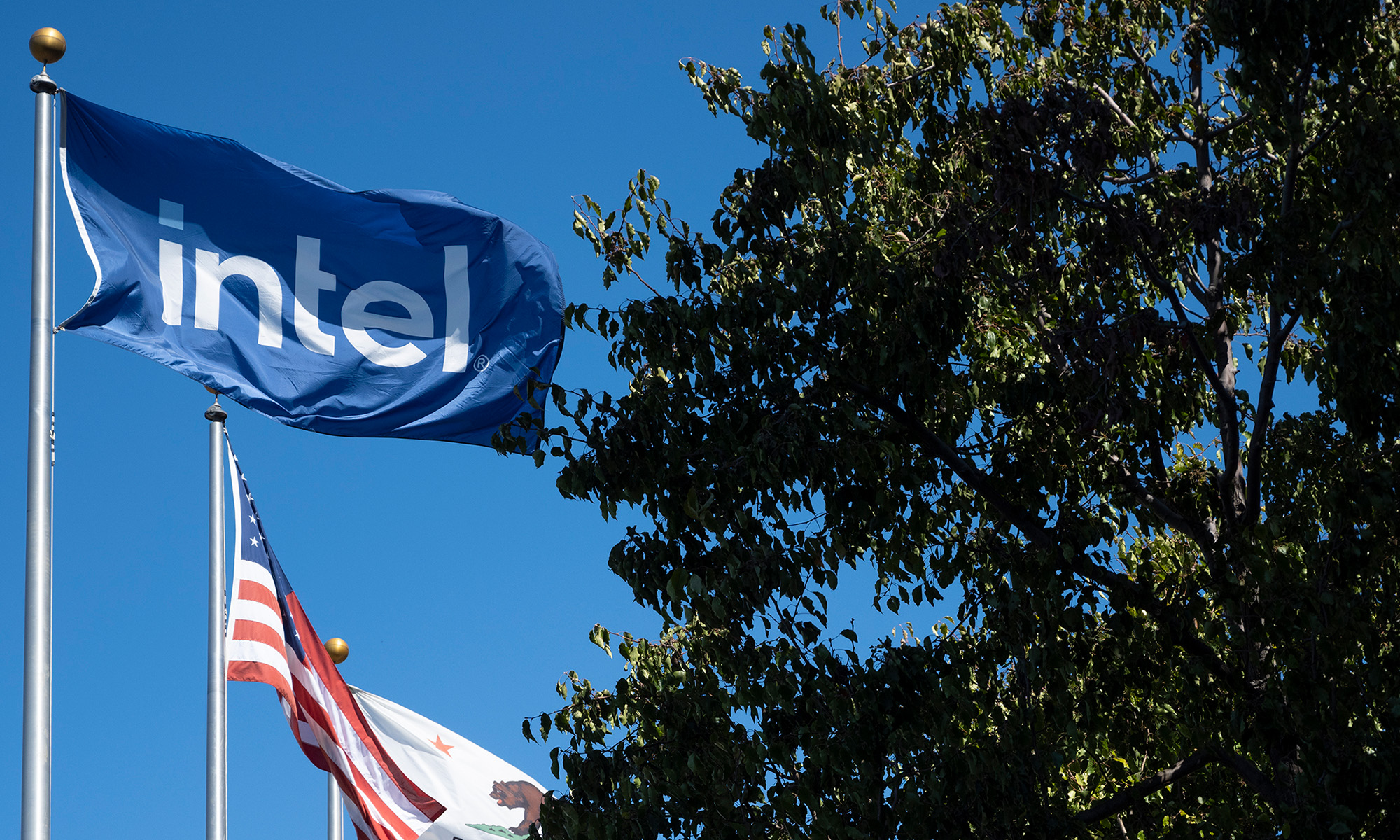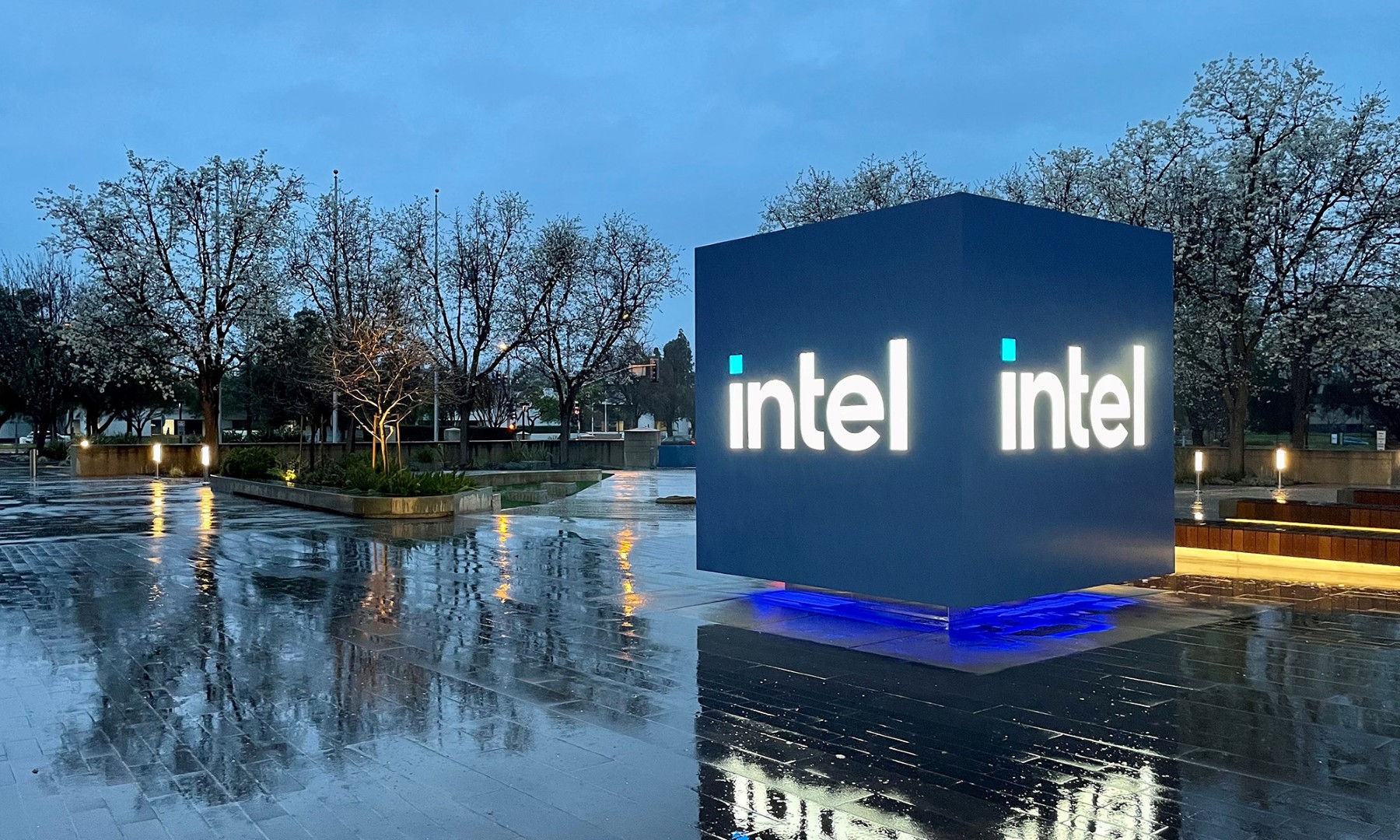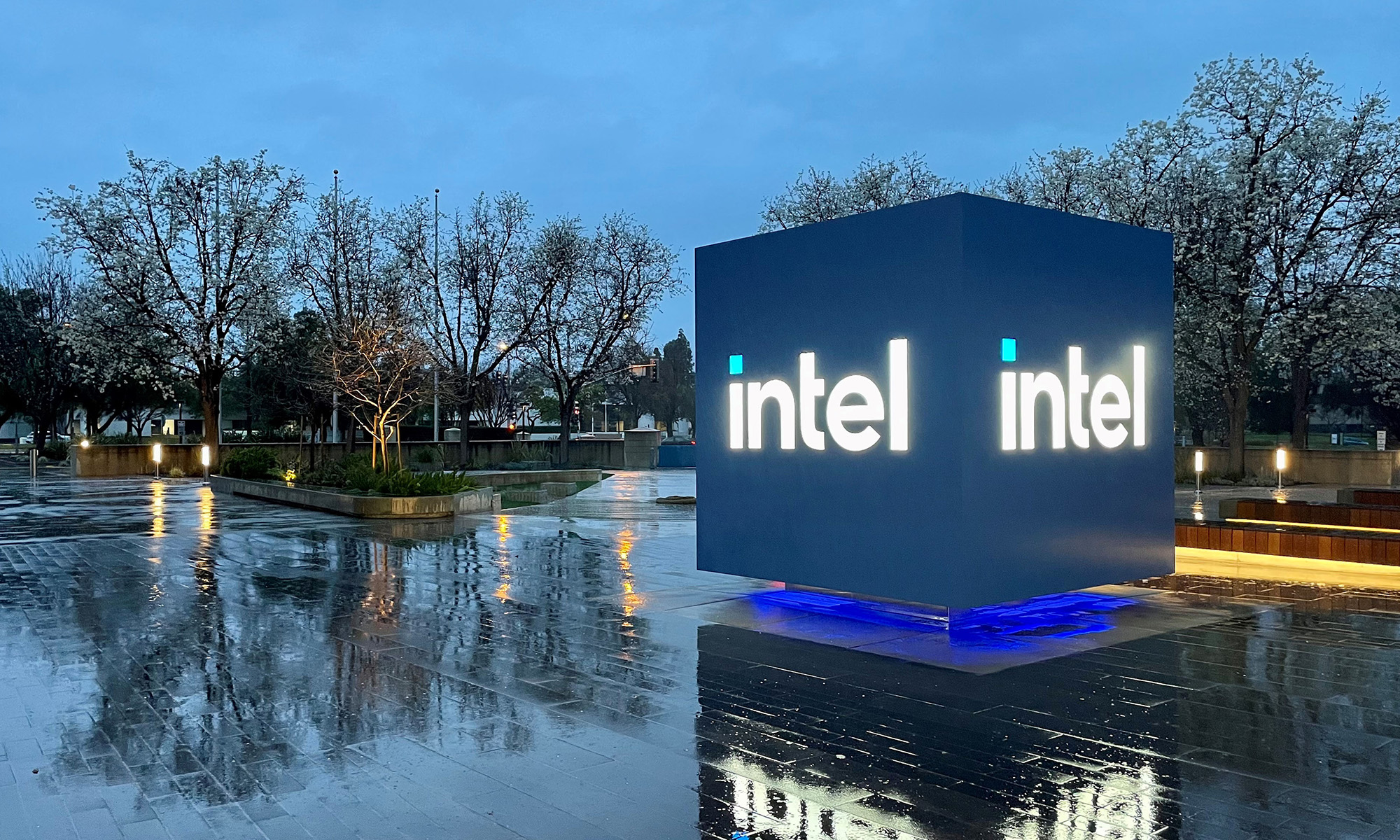As an Intel (INTC +10.80%) investor, one of the things that hasn't been sitting well is the complete and utter lack of Intel-based Android tablets. In particular, back in September, Intel launched a new chip called Bay Trail targeted at both Windows 8.1 and Android devices, but so far, only Windows 8.1 devices have hit the market. This has led many investors -- and this Fool in particular -- to ask the simple question: Where are all of the Bay Trail Android tablets?
The contra-revenue deal: a refresher
As many are probably aware, Intel announced that, thanks to a platform bill of materials that was too high for low-end/mainstream tablets, it would be supplying "contra-revenue" support to tablet vendors as an offset. So, for example, if Intel and a competitor are both selling a tablet chip for $20, Intel's Bay Trail-T is currently at an advantage because the number/cost of components required on the board for a Bay Trail-T is greater than that from its competition.
Intel had indicated that its next generation platforms, code-named SoFIA and Broxton for the low-end and high-end, respectively, would completely eliminate the need for contra-revenue. However, at that same investors' meeting, Intel claimed that it would be working to significantly reduce the bill of materials for even the current-generation Bay Trail (cutting the contra-revenue required by half by the end of 2014).
Intel may have done better than initial expectations
At the Intel Developer Forum in Shenzhen, Intel detailed a significant revision to its Bay Trail platform targeted at low-cost tablets in the China technology ecosystem. This platform is known as Bay Trail-Entry:

Intel's cost-reduced tablet platform. Source: Intel.
This is a performance- and cost-reduced implementation of the original Bay Trail-v0 that has shown up in numerous Windows 8.1 tablets. The maximum display resolution supported is lower (due to lower memory bandwidth), there is no support for LPDDR3, and the platform is Android-only. However, in exchange, the platform bill of materials is reduced significantly -- the number of components goes from 700 in Bay-Trail-v0 to 483 in Bay Trail-Entry, for instance -- making it more suitable for low-cost tablets without such a heavy contra-revenue offset.

Intel is tightening up its Bay Trail platform for low-cost Android tablets. Source: Intel.
With this platform available now, it's likely that Intel and its partners held off on releasing Bay Trail-T-based tablets until this cost-reduced platform could hit the market. Windows tablets will still use the full Bay Trail-T, but given that Qualcomm's (QCOM 2.25%) Snapdragon 800/805 seem to offer better performance for the super-high end of Android, it's unlikely that we will see too many full Bay Trail-T chips on Android this round.
Don't worry -- Intel's got something else for the high end
With Bay Trail, Intel looks as though it's targeting Windows 8.1 (all segments) and the low/mid-range of Android, leaving the high end to Qualcomm and NVIDIA (NVDA 0.10%). However, by the end of the year, Intel plans to introduce Cherry Trail-T. This will bring a solid improvement in CPU performance, a gigantic improvement in graphics performance, and likely a cost-optimized platform bill-of-materials from the get-go.

Source: Intel
While this platform rolls out by the end of 2014 for broad availability in devices during 2015, it should offer a pretty substantial performance/watt lead over its competitors, in no small part due to the 14-nanometer process on which it's built. Intel is also likely to make pretty significant architectural improvements. This will be the one that gives the various ARM vendors like Qualcomm and MediaTek a real headache in tablets.
So, there you have it?
Presented here was a possible solution to the mystery -- Intel was trying to lower the platform bill-of-materials for Bay Trail-T before it could see the platform more widely deployed. Now, there's a strong chance that Intel will still require contra-revenue support for all of its current tablet platforms, especially because the Windows-based tablets that will make up a big part of Intel's tablet shipments will use full Bay Trail-T. This improved platform for Android, however, should go a very long way to help and perhaps drive a revenue/gross margin upside to what was given at Investor Day.







